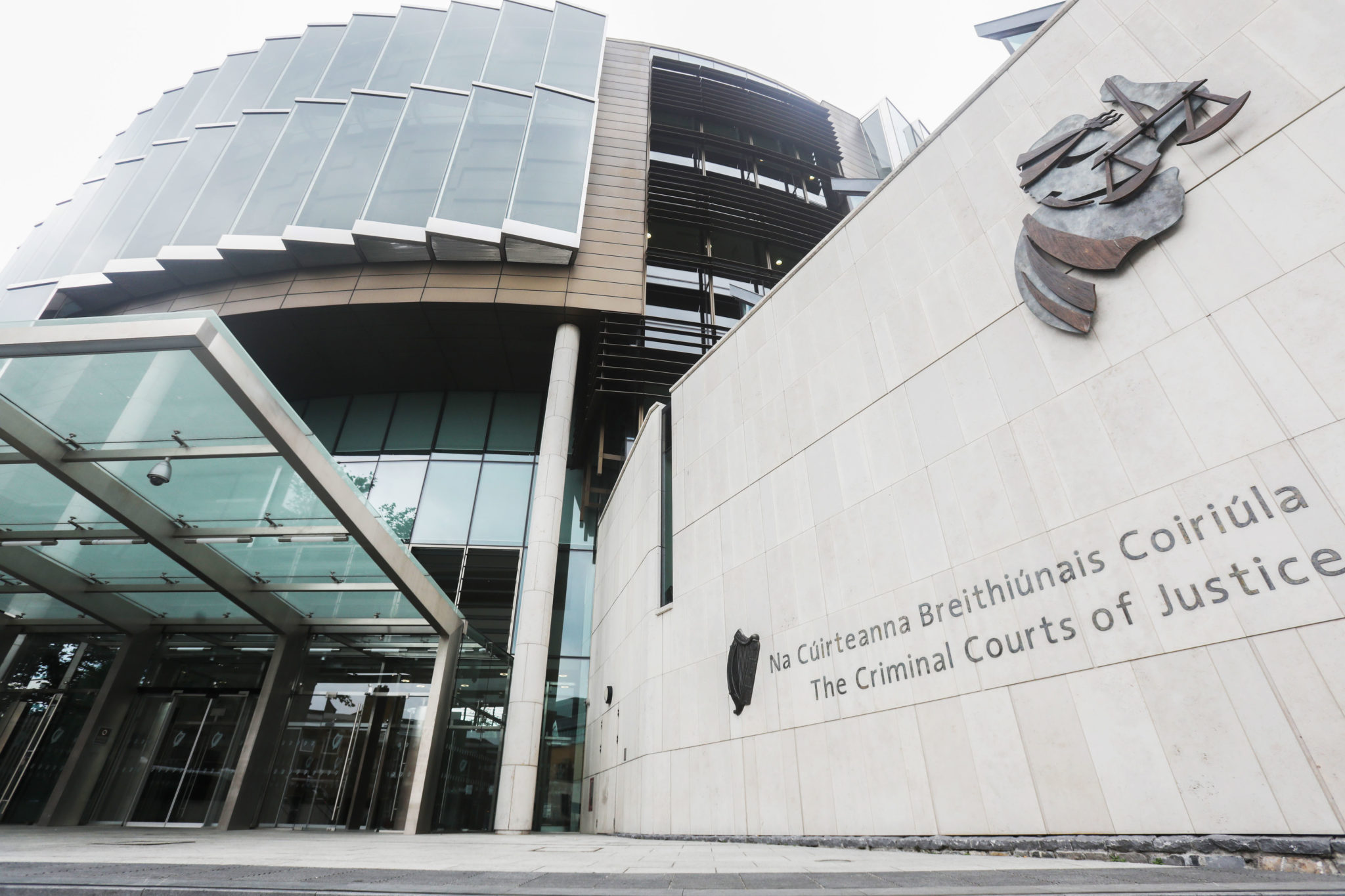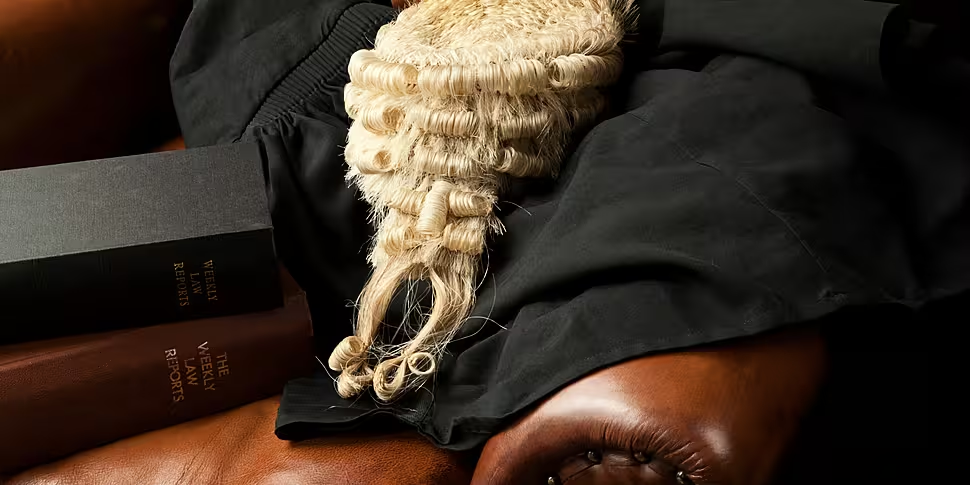Why can a man accused of the attempted abduction of a child not be named in the media or online?
The alleged crime took place in a house in north Dublin over the weekend and the accused, a man in his 20s, appeared in court yesterday.
Generally, people who are charged with a crime can be named by the media but in this instance the man has been granted anonymity by the courts.
On Lunchtime Live, Ronan Lupton SC explained why such restrictions are so rare.
“In respect of reporting restrictions, they are the exception - that’s the reality of it,” he said.
“They’re not regular at all and the Constitution protects the right for the public to attend in court and for courts to operate in public.
“That’s the standard operational procedure.”
In this case, there are a number of features that mean it is being treated differently by the legal system and the media.
“When cases come before the courts, usually, when children are either victims or witnesses, there’s a statutory provision from 2001 under a piece of legislation called the Children’s Act which binds the courts to effectively impose restrictions on broadcasts and the identification of children,” Mr Lupton said.
 The Special Criminal Court. Picture by: Leah Farrell/RollingNews.ie
The Special Criminal Court. Picture by: Leah Farrell/RollingNews.ieHowever, Mr Lupton added the case was especially “unusual” as Gardaí made the application on two grounds.
“One was the sensitivity of the case - one was the sensitivity of the case - and that means, in other language, that it involves children,” he said.
“The second point was the ‘current climate’ and, of course, when someone’s brought before a court, they’re entitled to the presumption of innocence - particularly in the criminal context.
“Having social media raging about why the court’s have deployed a reporting restriction like - it’s fairly obvious; people go out on social media and make comments which they shouldn’t be doing and fundamentally could find themselves in contempt of court.”
Criminals below the age of 18 are also granted anonymity by the courts - as are victims of crime of a sexual nature.
You can listen back here:
Main image: A Barrister's Wig and Gown.









